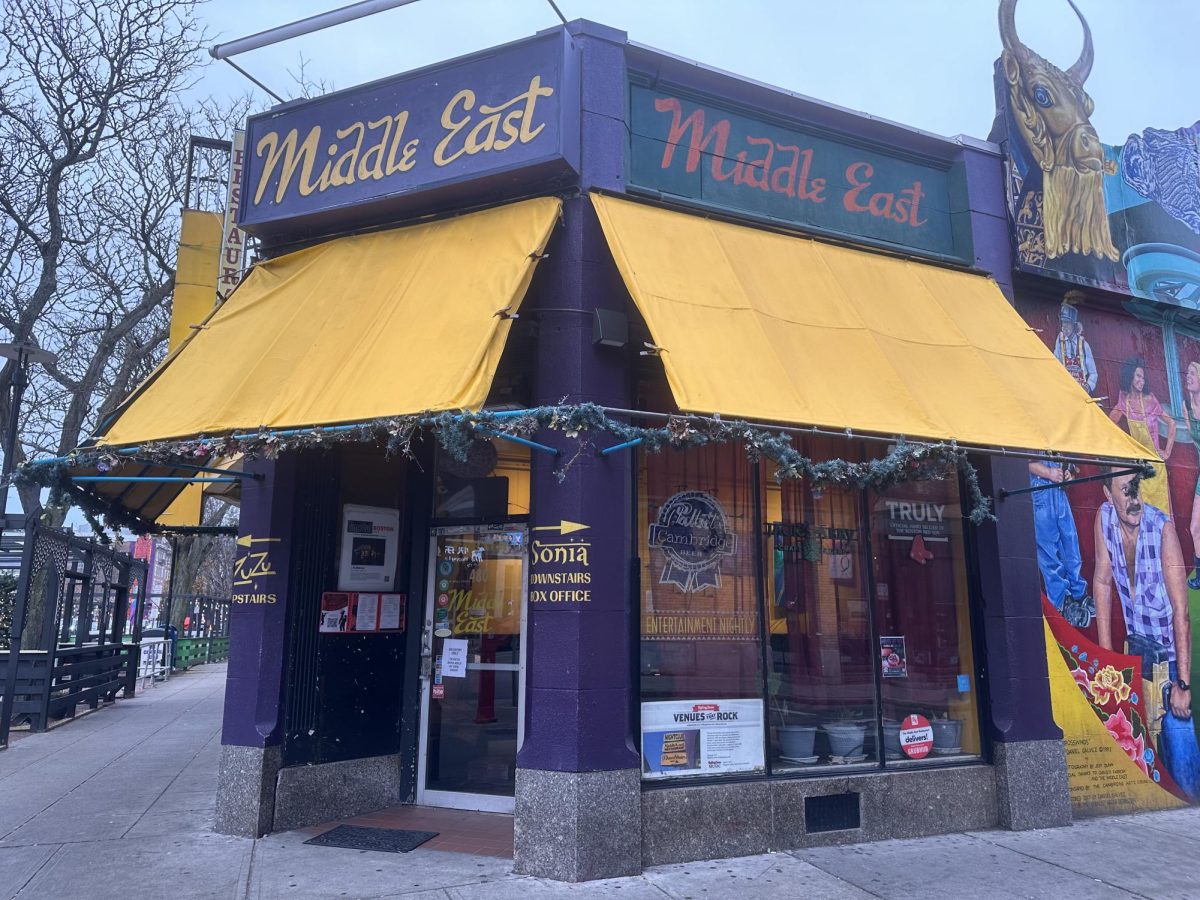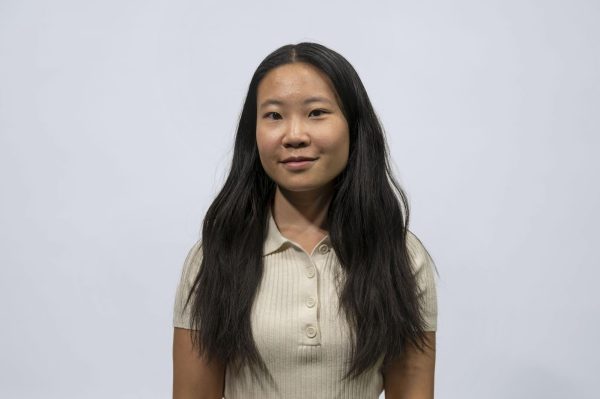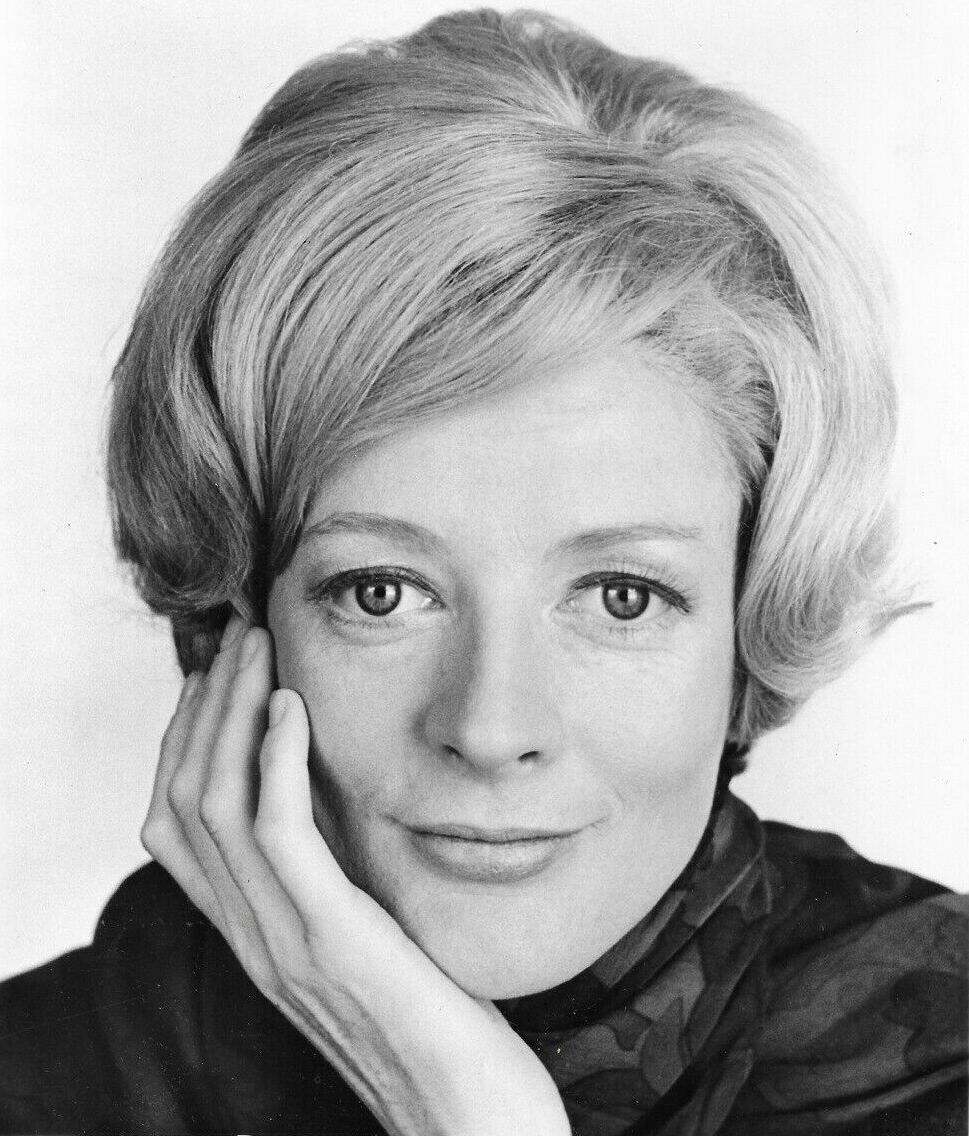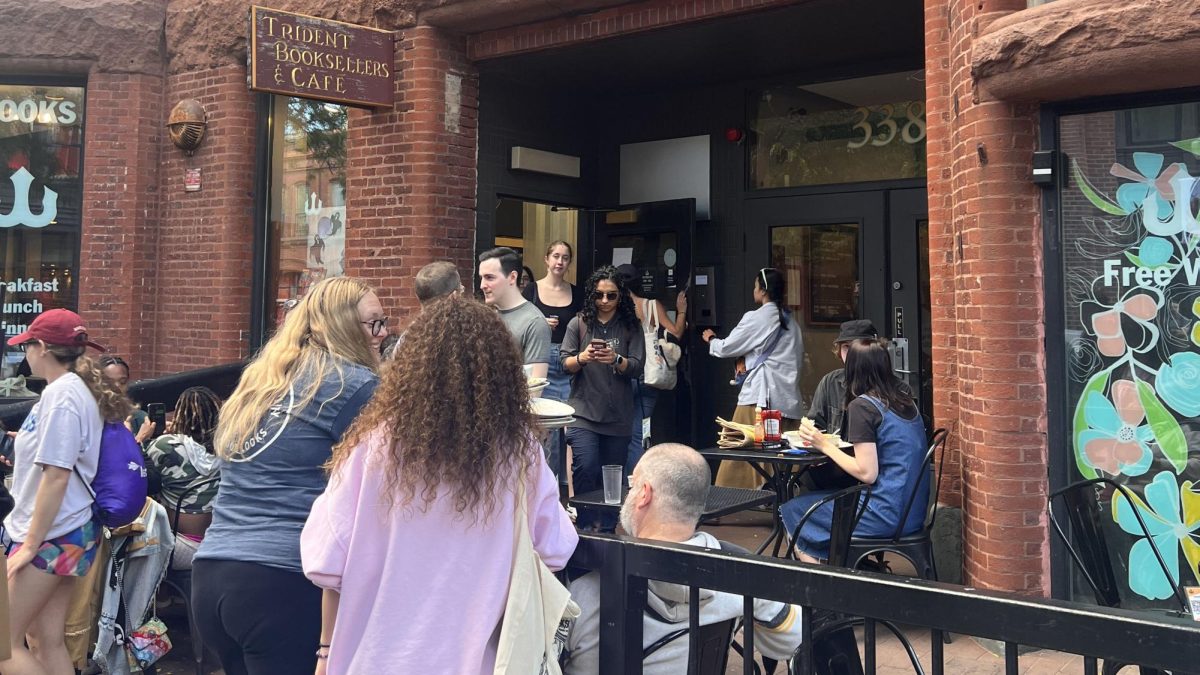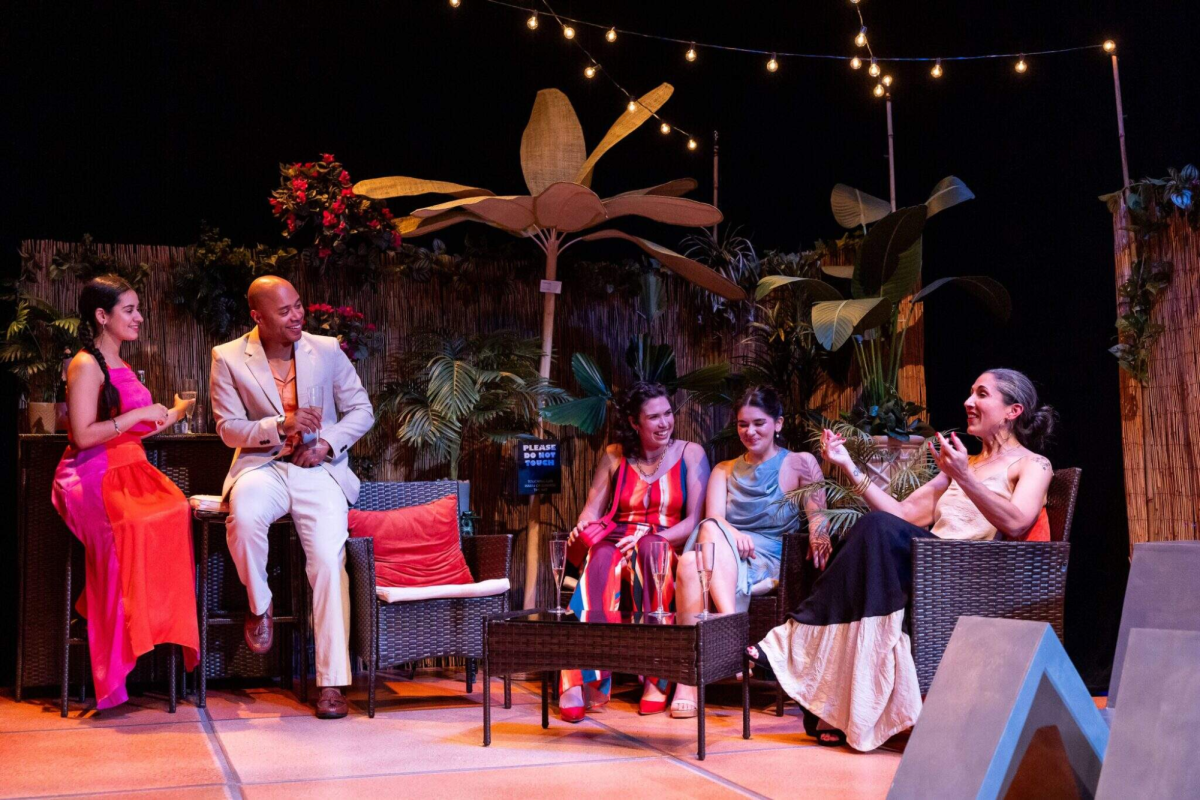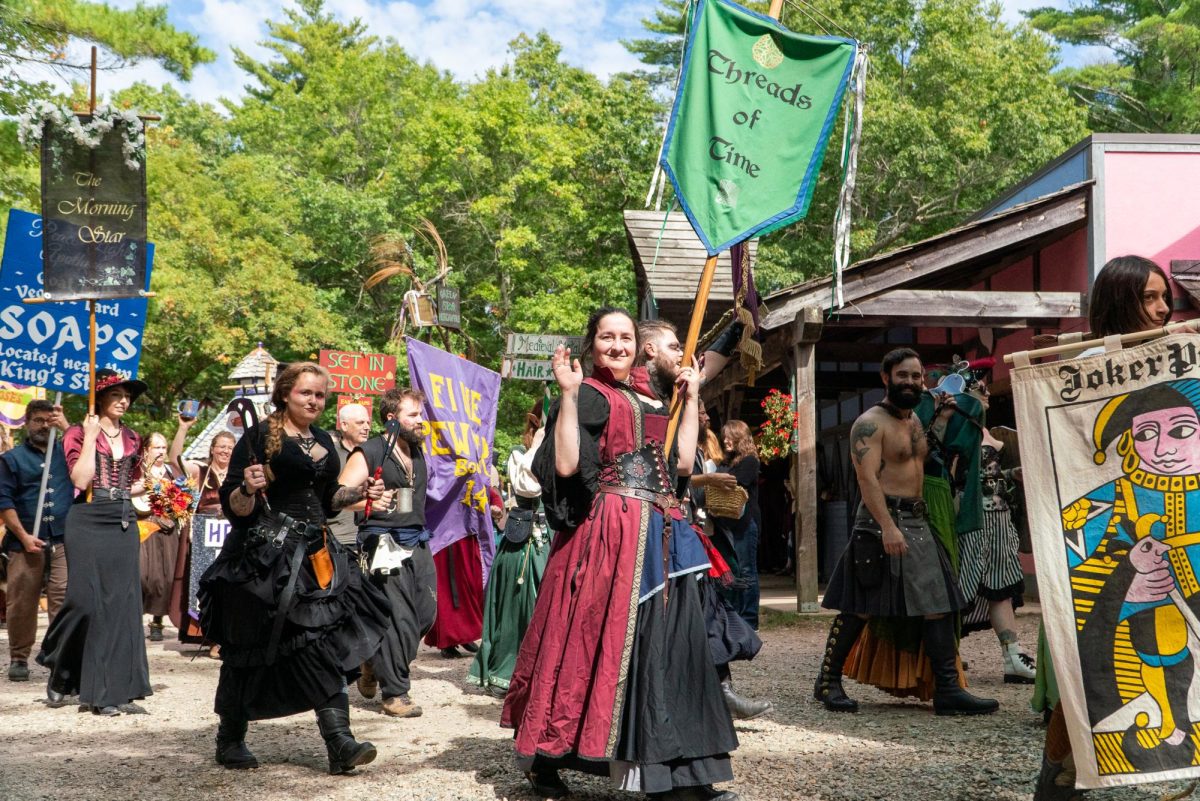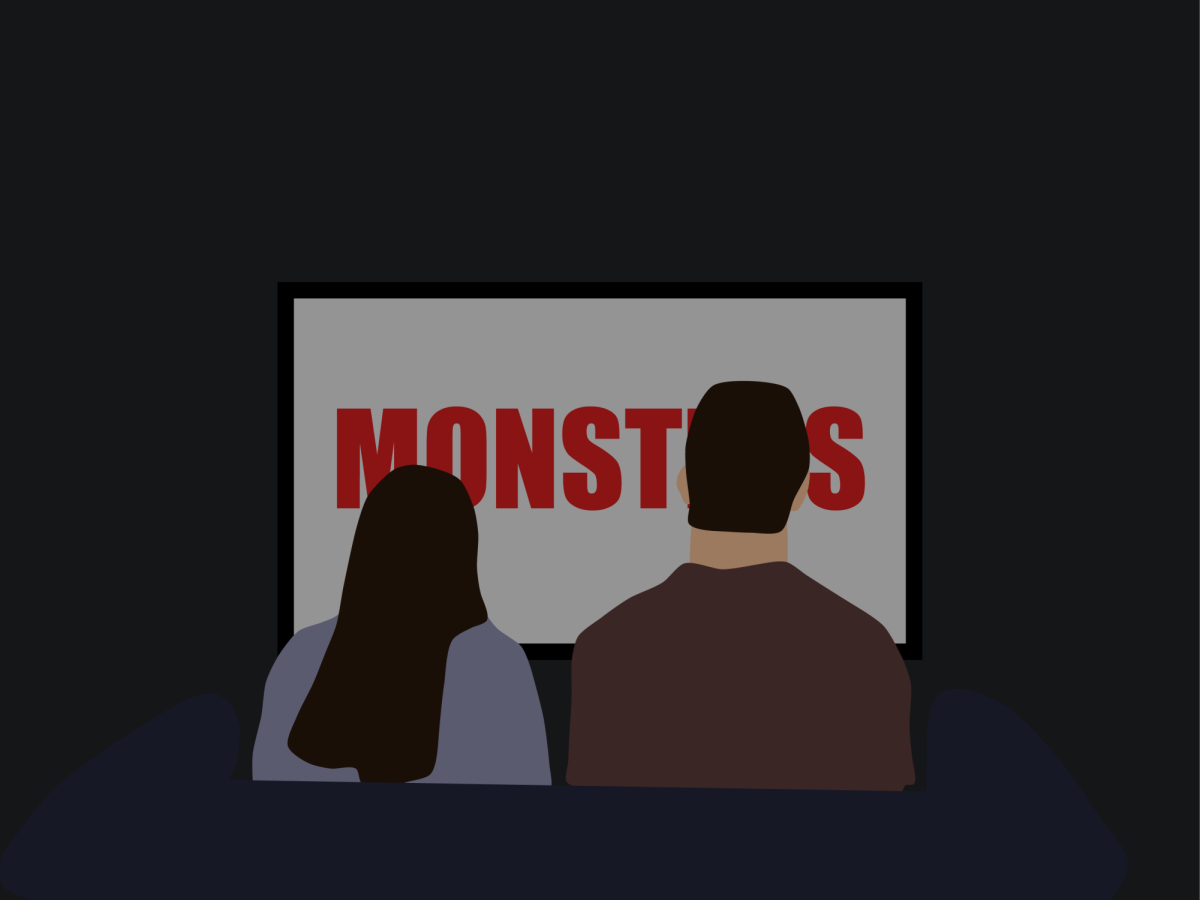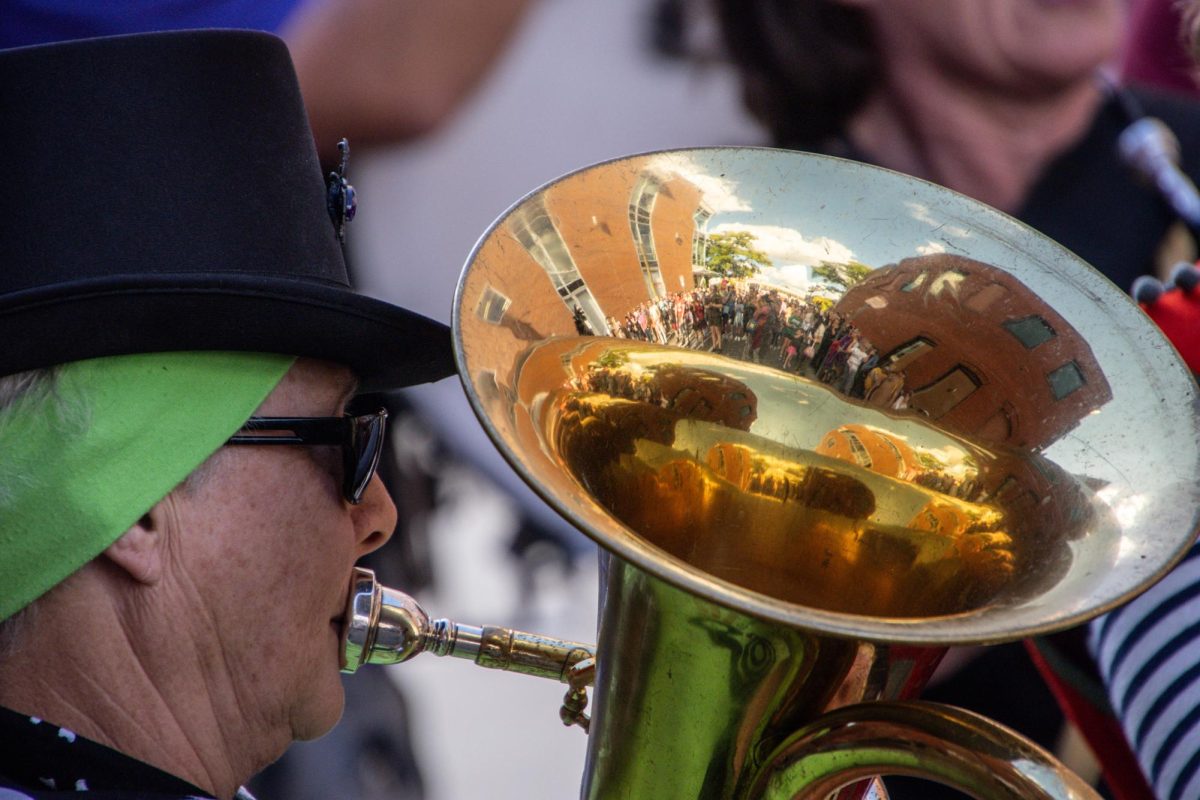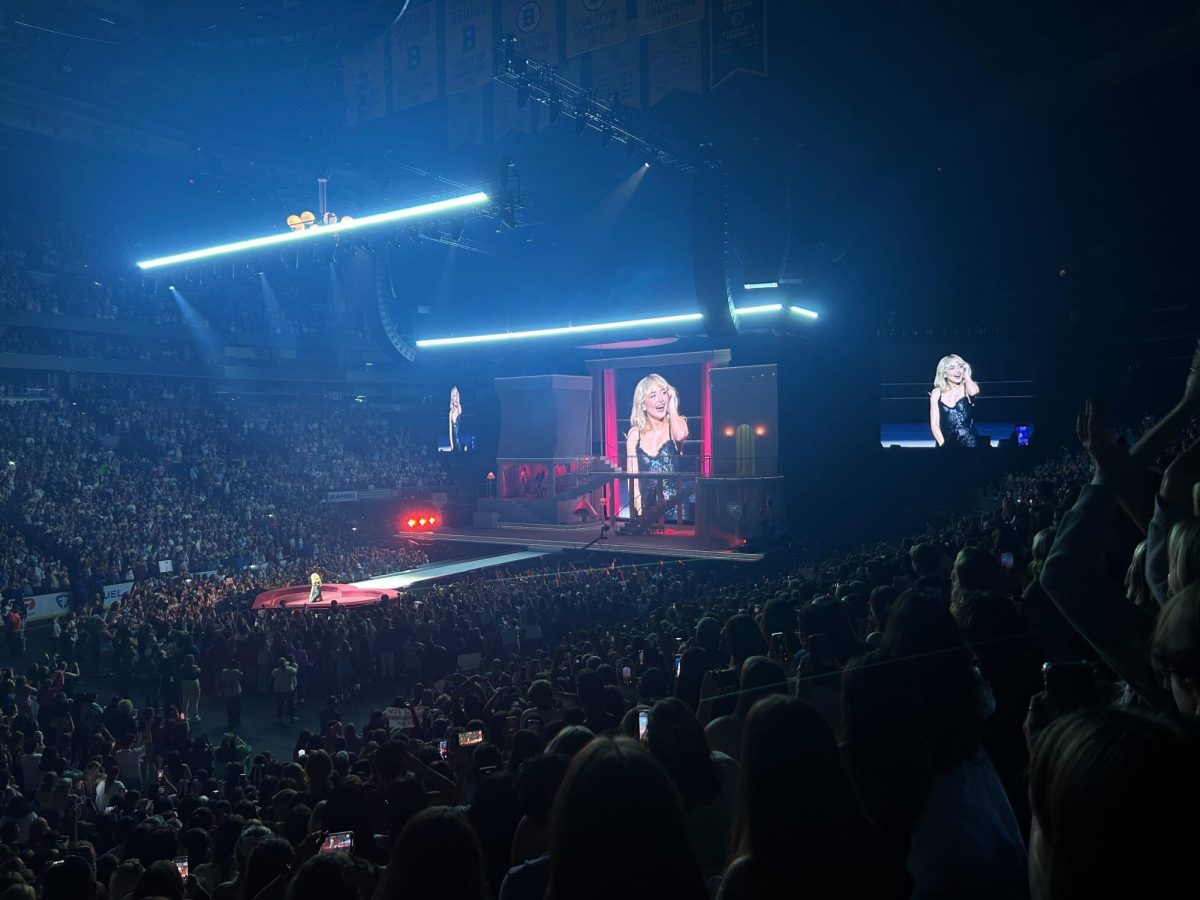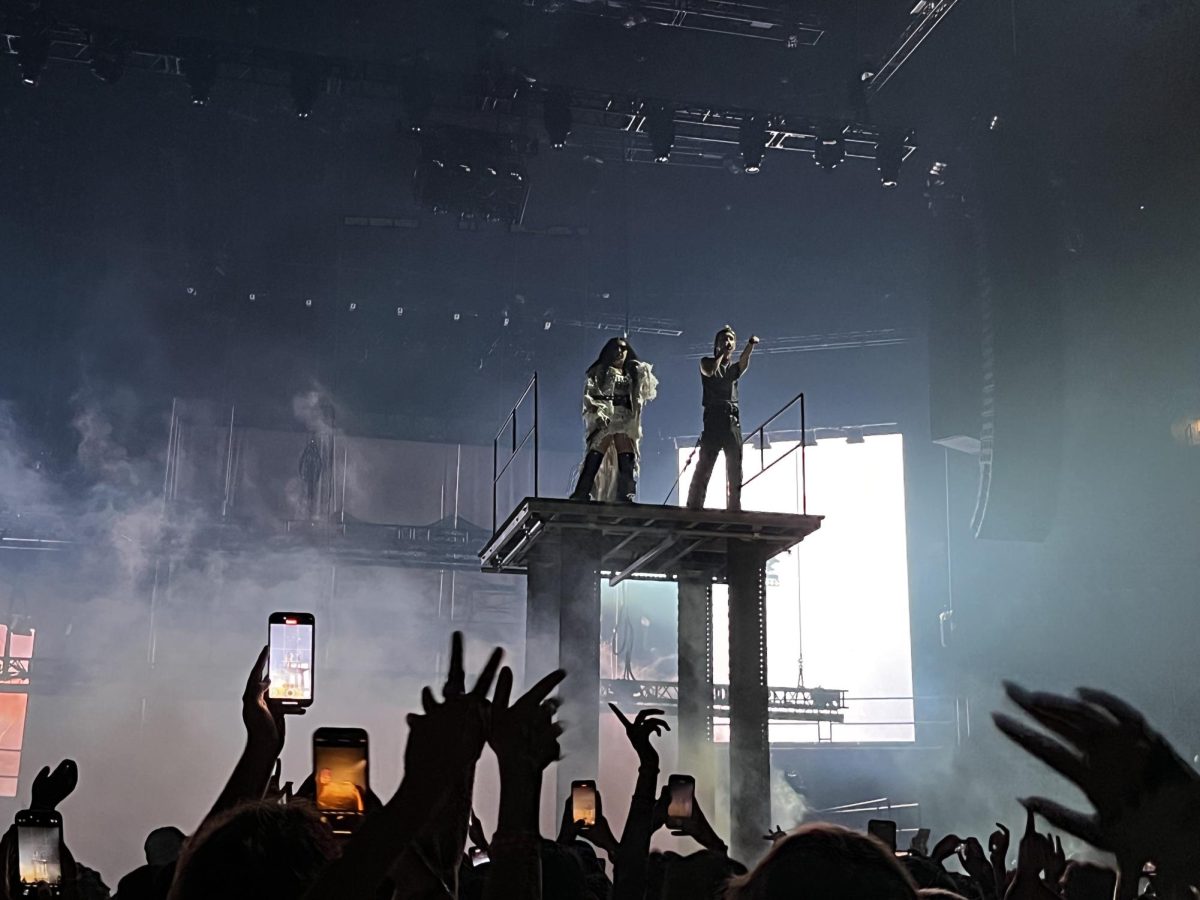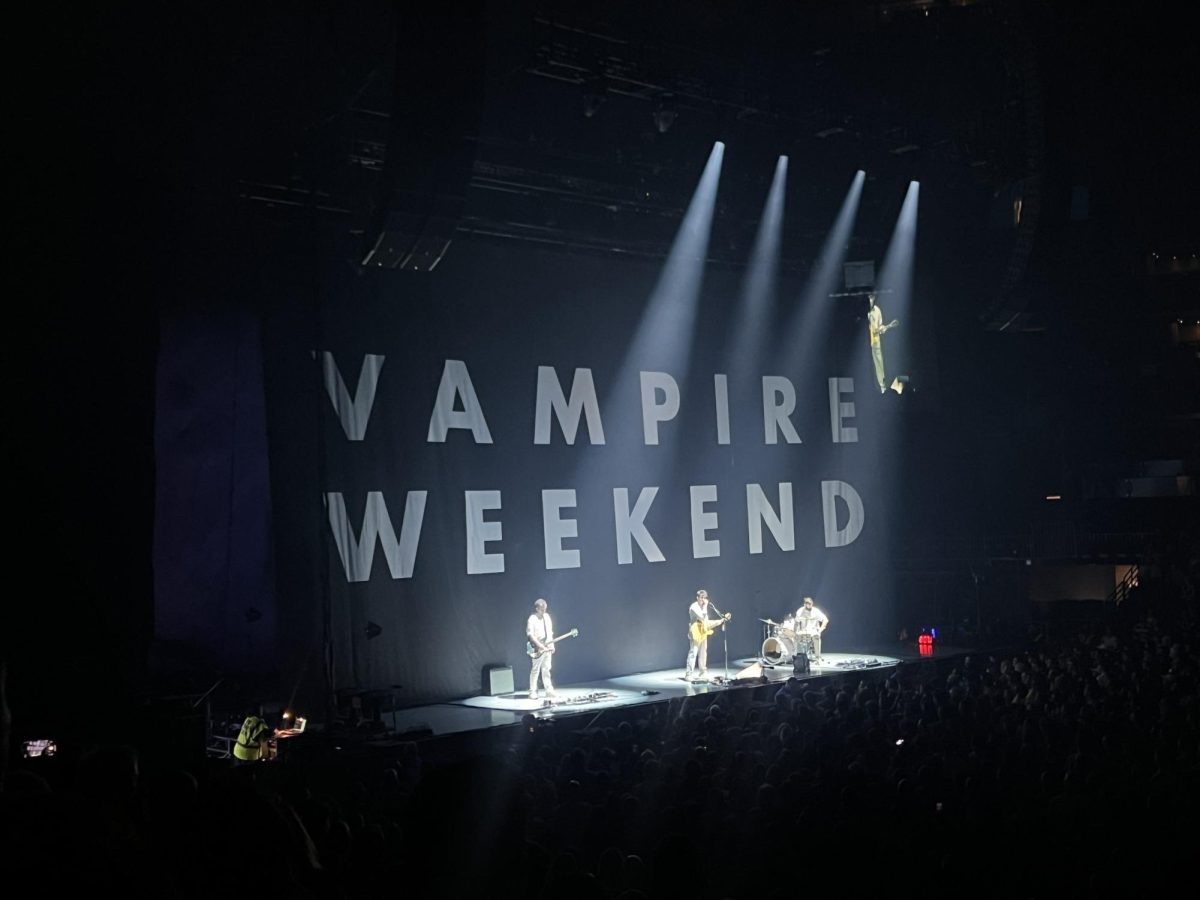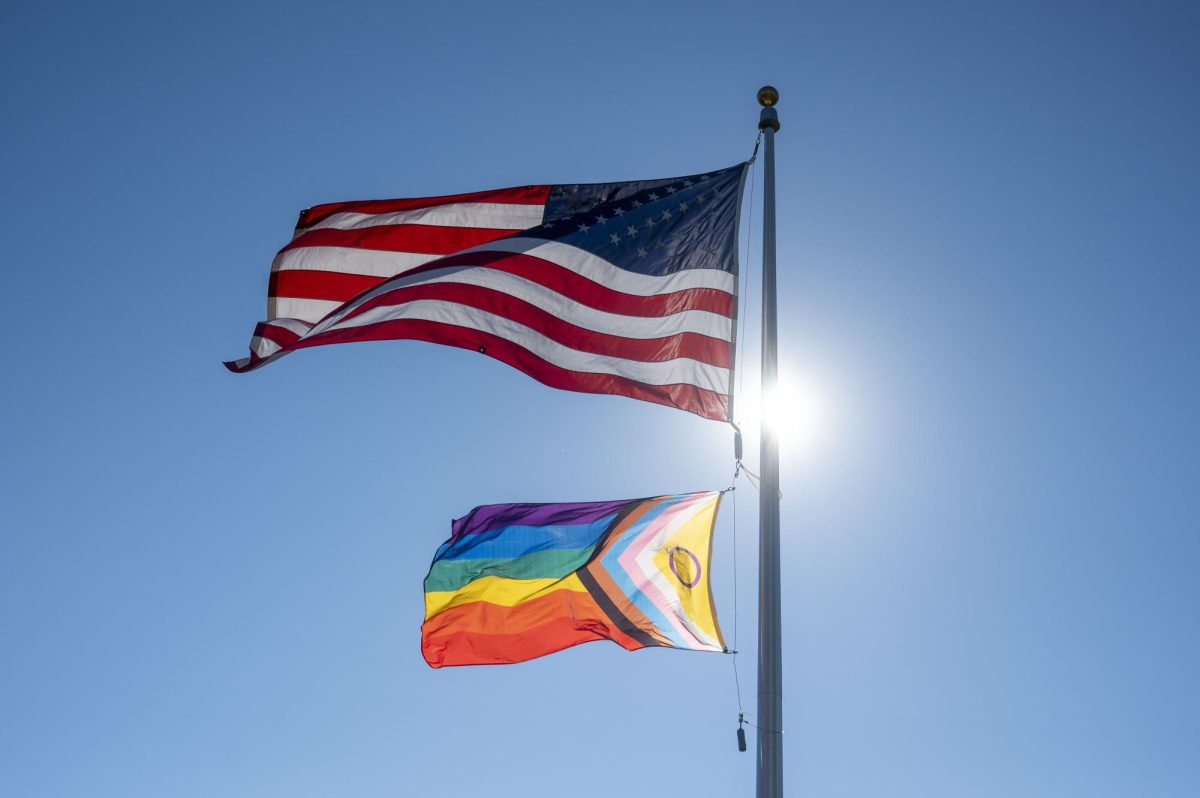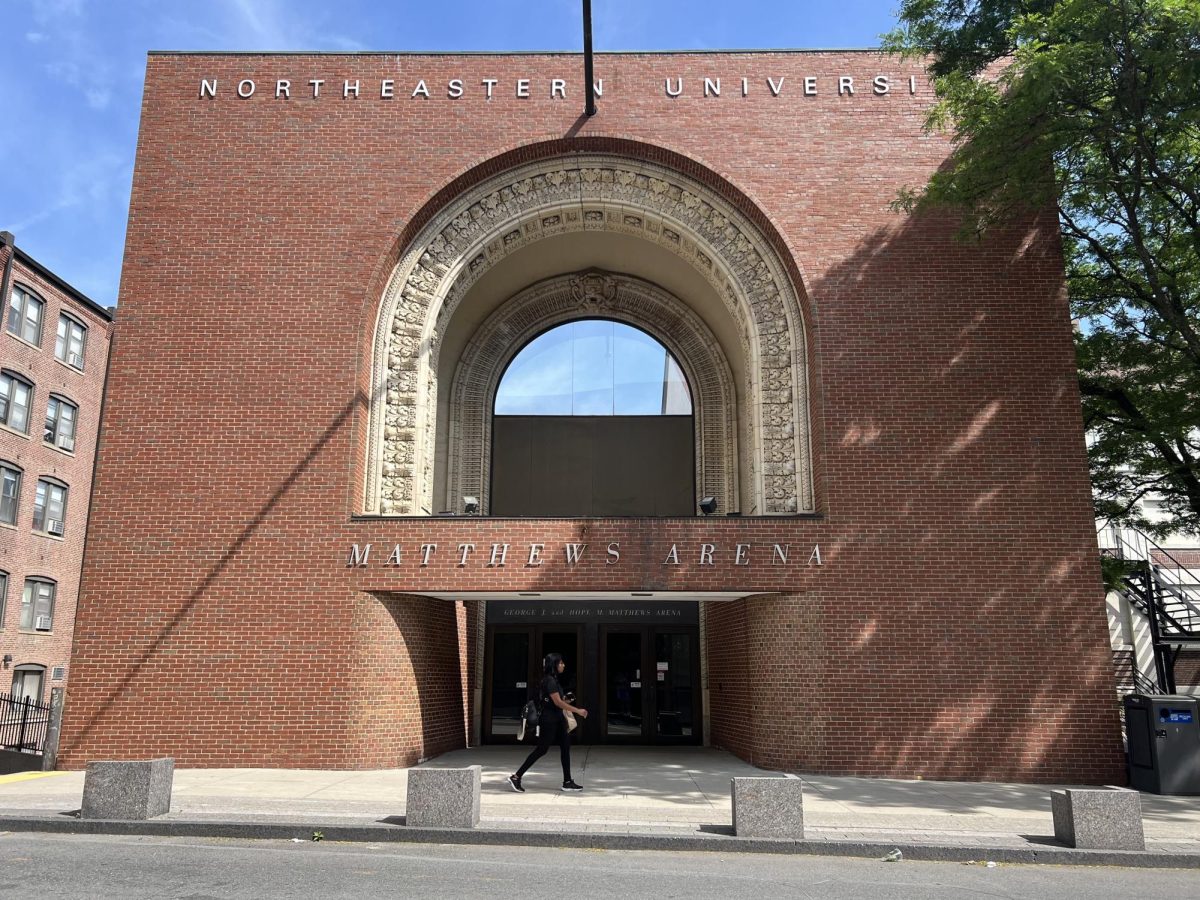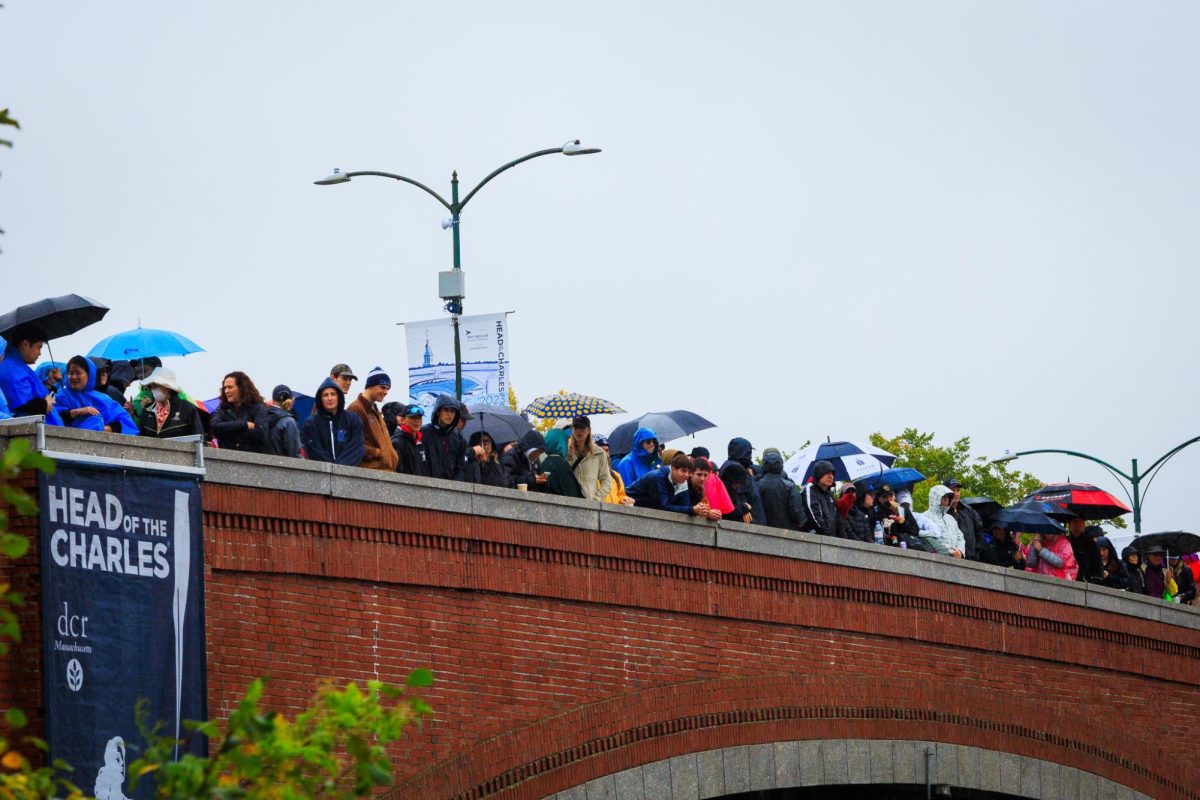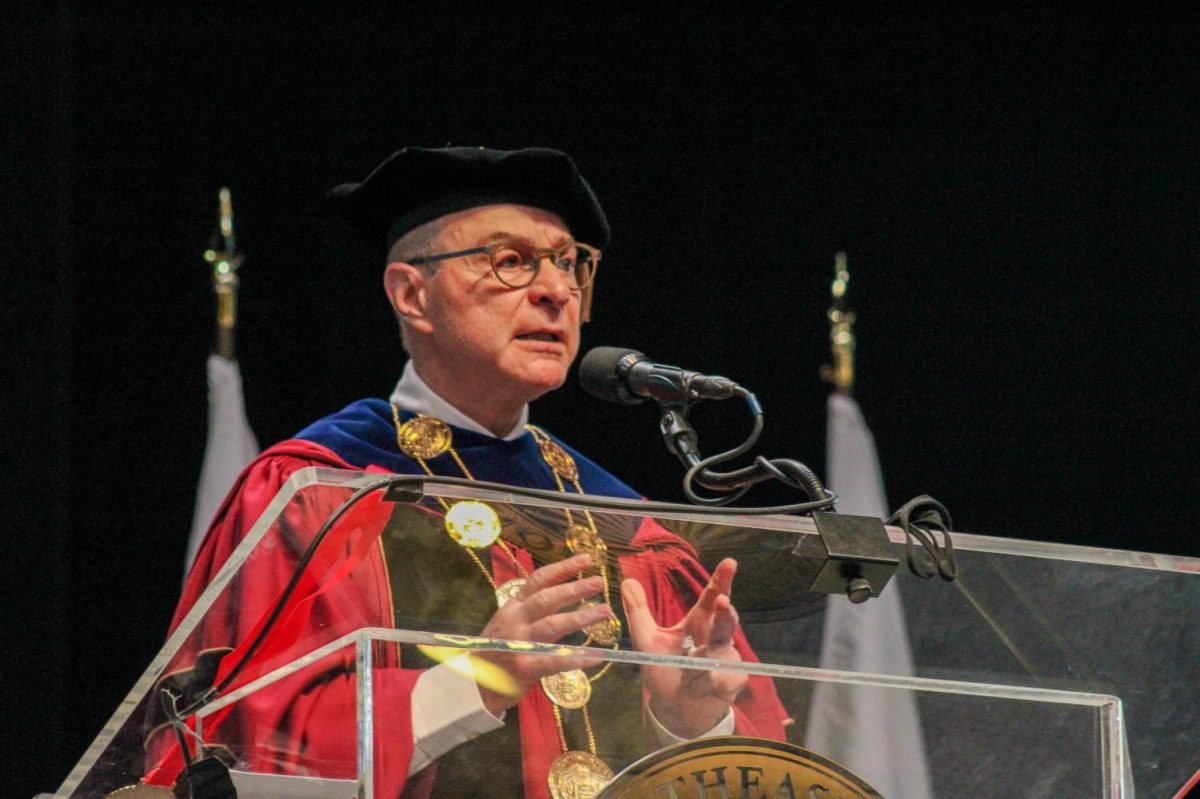If one was looking for a night of live music and walked into The Middle East blind, it would be best to expect the unexpected. With a labyrinth of rooms to navigate and a diverse bill of artists each night, its eclecticism jumps out from the moment someone walks in. To Aaron Gray, a talent buyer at The Middle East, that is part of what makes the club so special.
“You could go to any of these rooms and find completely different groups of people in them. That, to me, is a really cool thing,” he said. “You’re watching a hardcore show, you walk through to the upstairs, and there’s an indie rock show. You go downstairs, there’s some big hip-hop show. You go to the other rooms, maybe there’s karaoke in this room and soul dance night in this room. It’s all over the place.”
That visual is likely a familiar one for anyone with knowledge of Boston’s music scene. For nearly 40 years, The Middle East, a famous nightclub and Lebanese restaurant in Cambridge, has been a fixture, offering intimate and often highly energetic shows. What started as just an empty space above the restaurant transformed into a five-room, multi-building cultural institution engulfing the corner of Brookline Street and Massachusetts Avenue.
“Really, we’re five clubs,” Gray said. “At any given moment, there could be 1,300 people in this building.”
Though it wasn’t always this expansive, The Middle East garnered a strong reputation among locals and touring musicians around its official inception as a music venue. In 1987, Nabil and Joseph Sater, the latter of which stepped down from his role at the venue Aug. 28, 2018, after allegations of sexual assault and harassment surfaced against him, began collaborating with Billy Ruane, an oddball Boston music promoter, to book acts after the restaurant closed. The Saters and Ruane made for an interesting pairing, but one that bred a dynamic environment for live music to flourish.
The Middle East quickly became the spot to be in Cambridge. As Dave Derby, a formerly Boston-based musician, recounted, the community developed rapidly and kept him coming back whether or not he was playing a gig there.
“For a while, I lived around the corner, and it was really the center of everything,” Derby said. “It was like an oasis. Cool, interesting bands, everybody knew each other. The folks who ran the restaurant were super supportive of the music scene, it was just amazing.”
From then on, the club’s reputation outside of Boston began to grow, and it quickly became a marquee spot for any up-and-coming musician who wanted to make their presence felt in Boston. When singer-songwriter and current adjunct professor at New York University Tisch School of the Arts Mike Errico first played The Middle East, he knew it was special.
“The place had a vibe,” he said. “I definitely felt like the first time I got up there I was like, ‘This is a flag-planting here in Boston.’”
Derby also pointed out how the venue came with its own “built-in crowd,” something which gave it a huge advantage over other venues.
“It always had a crowd,” he said. “That was the thing I remember telling bands that weren’t from Boston. It’s more like the townie, authentic club compared to some other places.”
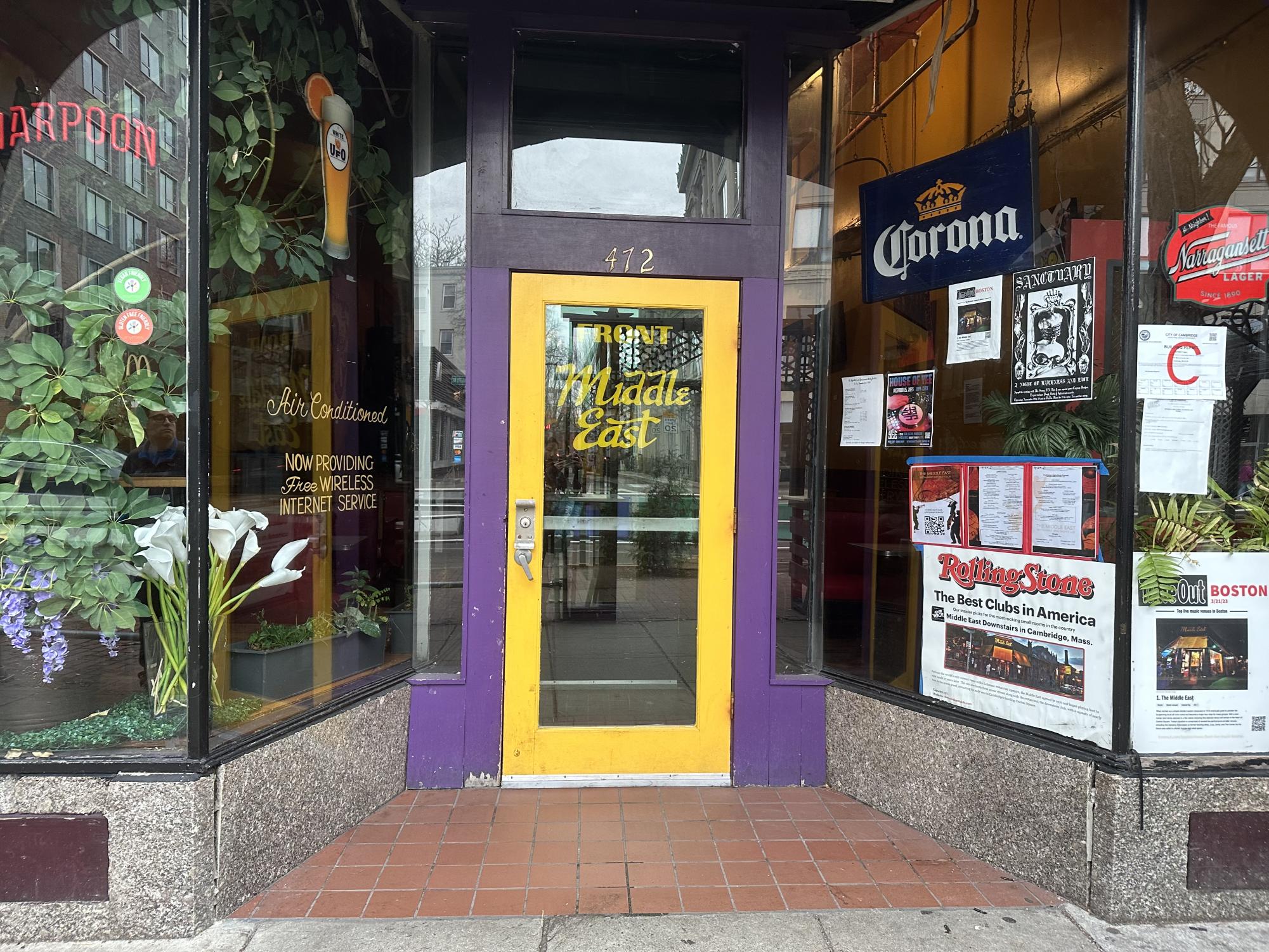
The built-in crowd persists today. Even if people don’t know who’s on the bill, they still show up to get the proper Middle East experience.
“They just come here to see what’s going on and get lost in the craziness,” Gray said.
The club’s continued success and survival are particularly triumphant given the state of the live entertainment industry.
As an independent venue, The Middle East does not receive the same financial backing from corporations like Live Nation and the Anschutz Entertainment Group, or AEG, that some other clubs in Boston do.
With their seemingly endless supply of money and national booking agencies, corporate venues like these across the nation have put a harsh financial strain on independent venues that can’t bring the same money in each night.
With the strong, built-in community supporting it for decades, the club gives back by prominently featuring local artists, something that’s also becoming a casualty as a result of smaller, independent venues dying.
“We give a place for local bands to play,” Gray said. “I mean, there are spots for that, of course, but they’re dwindling. Brighton Music Hall and The Sinclair aren’t typically going to have a local band showcase of any kind.”
Its independence from major money conglomerates comes with several drawbacks, but it also leads to more freedom when it comes to booking shows.
“Diversity for us is a huge thing,” Gray said. “We’ll take things that other people don’t want to touch at all, and part of that is just wanting to make sure that we’re giving a space to everyone around us.”
This commitment to highlighting local art is such a big reason why The Middle East has stood the test of time, and, in Errico’s opinion, is something felt by nearly everyone who passes through its doors.
“It just smells like music over time,” Errico said. “That all adds up to a sense of community. You’re part of a continuum of musicians that are coming through. It’s a weird bonding experience when you walk into a room that’s as committed to the art as you are, and The Middle East is one of those places that has it.”
Editor’s Note: A previous version of this story did not include salient information about one of The Middle East’s founders, Joseph Sater, who was accused of sexual assault and harassment. This story was updated at 8 p.m. Jan. 28 to include these details.


